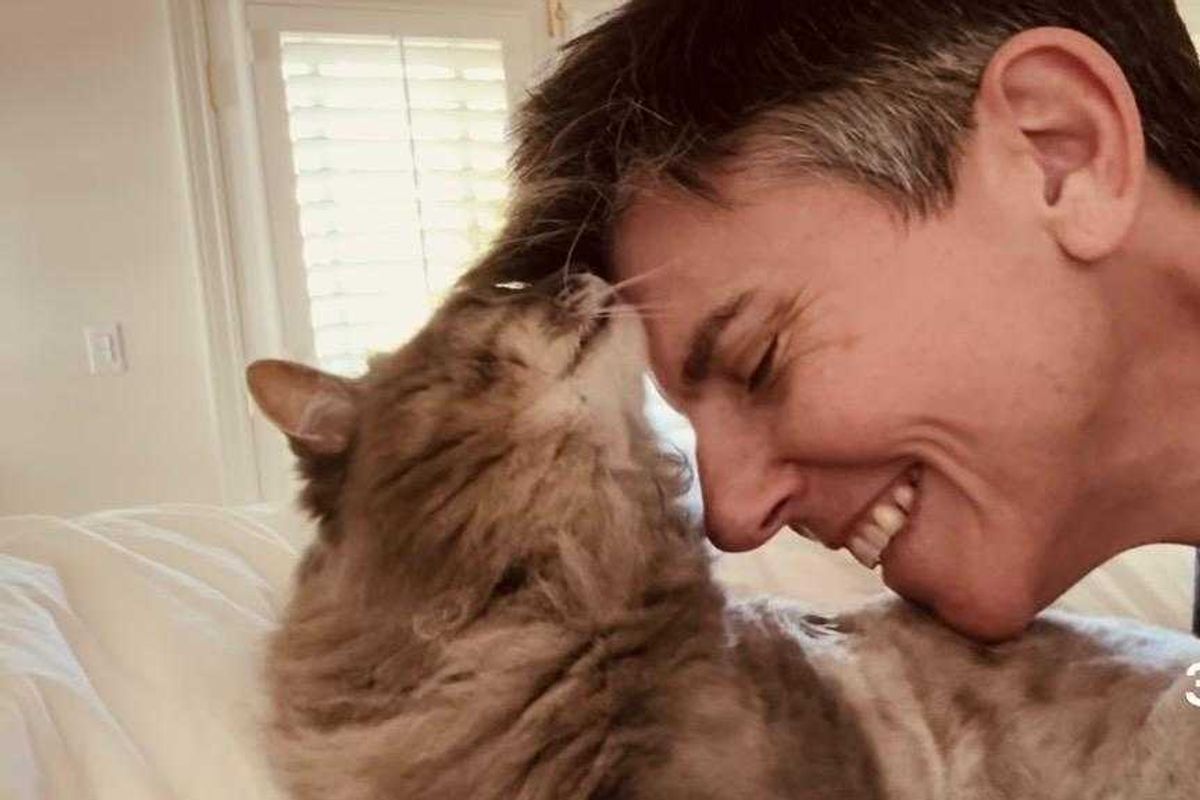Today's adults often lament the economic turmoil of the 21st century, from the Great Recession of 2008 to the financial upheaval of the COVID-19 pandemic of the early 2020s to very real struggles with unaffordable housing and education. A lot has transpired to drive up the cost of everyday living without a corresponding rise in wages.
With a major upheaval of the U.S. government unfolding in early 2025, uncertainty was even more solidified as the theme of the day. When financial instability hits, it's time to take measures to mitigate it however we can, and thankfully, we can learn a thing or two from our elders who lived through the money struggles of two world wars and the Great Depression. Frugality was a way of life for our grandparents and great-grandparents, and though times have changed—a lot—many of those wise ways to save money still stand. And the good news is that many of them are good for the environment and our health as well as our wallet, so
Here are some of the easiest, best frugal living habits we can take from previous generations:
 Cooking at home is almost always cheaper than eating out, and often significantly so.Photo credit: Canva
Cooking at home is almost always cheaper than eating out, and often significantly so.Photo credit: Canva
Cook from scratch
Even with the cost of groceries being higher than they were, it's almost always significantly cheaper to eat at home than it is to eat out. Learning to cook is a useful and enjoyable (for many) hobby that can also save you money, as long as you're not trying to cook something overly fancy. Cooking doesn't have to be complicated, and it's never been easier to find simple recipes. There are even sites that will come up with a menu and recipes for you based on what you already have in your pantry. Stock up on basic ingredients, keep it simple, and find some favorite meals that you can whip up quickly and easily.
Less meat, more beans
Meat is pricey—especially good quality meat—and with animal-borne diseases becoming more of a concern, animal products in general are getting more expensive. Perhaps now would be a good time to transition to more of a plant-based lifestyle, making more use of cheaper protein sources like beans. Canned beans are generally quite affordable, but dried beans are even cheaper if you don't mind taking the time to soak and cook them. If you have an Instant Pot, it's super easy to batch cook dry beans, which you can then store cooked in the freezer for quick reheating.
 Bulk spices often cost a fraction of what they cost in jars.Photo credit: Canva
Bulk spices often cost a fraction of what they cost in jars.Photo credit: Canva
Buy herbs and spices in bulk
Spices in jars are stupidly expensive sometimes, and you might assume that's just what they cost. But if you've never shopped in the bulk spice section at a store—even at an expensive health food store—you might be surprised by how much cheaper it is. Leafy herbs like oregano, thyme, basil, and sage weigh almost nothing, so even if they cost $20/lb, a jar's worth is often pennies to the dollar cheaper than buying them already packaged. (Just beware heavier spices, as sometimes those can be just as expensive as jarred. Definitely worth comparing, though.)
Borrow and barter
When times are tough, getting by becomes a community effort, but there's no reason we have to wait for an actual economic depression to help one another out or scratch one another's backs. We all have things that sit around not being used much of the time that others might like to borrow, from tools to books. Trading services can be an excellent way to save money in a win-win way.
 Growing your own food can save you money.Photo credit: Canva
Growing your own food can save you money.Photo credit: Canva
Grow a garden
During the pandemic, many people started growing WWII-style "victory gardens" simply because they could, but gardening can be a great way to save on produce and herbs. If you can start early in the spring and grow from seed, even better. Though learning to keep a garden thriving can be a little trickier than it looks, the savings can be impressive. For instance, one tomato plant can harvest 10 to 20 pounds of tomatoes, so even if you spend $5 on a starter plant, you can save a ton compared to produce section prices at the store. No yard? Gardening in containers works, too.
Clean with vinegar and baking soda
It may seem like a small thing, but lots of small things like cleaning products add up. Buying vinegar in bulk and diluting it 50/50 with water makes a great basic cleaner, and baking soda in bulk can help you scour surfaces as well. Vinegar smell doesn't last long, but you can always add a little essential oil to the mix to add some scent. You might need a stronger disinfectant for certain cleaning jobs, but for a basic cleanser, vinegar gets the job done.
 Biking is free.Photo credit: Canva
Biking is free.Photo credit: Canva
Drive less
Americans love to drive and many of us do it far more often than we need to, spending more on gas than necessary. And even though gas prices have come down most places, it still isn't cheap. Combining trips or making a once a week "errand day" can help us cut down on driving. So can carpooling or biking or walking more.
Buy used
Thrift store shopping can save a ton of money, especially if you shop around to various thrift shops to find the ones that actually have good stuff at low prices. Clothes especially can be a much better deal used than new, and no one will ever know the difference. Furniture is also a fraction of the cost used vs. new, and often older furniture is better quality anyway. Check Facebook Marketplace, Craigslist and other online markets for used items before running to the store or buying something new online.
 Public libraries are treasure troves of free items to borrow.Photo credit: Canva
Public libraries are treasure troves of free items to borrow.Photo credit: Canva
Utilize your public library
Public libraries are treasure troves of free stuff, and not enough people take full advantage of them. Not only can you get books, but many libraries have huge collections of movies or other entertainment. Some have art collections you can check out, others have tools and household items you can borrow. There are also free book clubs, lectures, classes and other activities that can add to your social calendar without spending anything.
Make do with what you have
This might sound like a no-brainer, but many of us have gotten into the habit of buying whatever we think we need simply because it's convenient. Amazon has created some habitual buying habits that we might want to rethink if we're trying to save money. Do you really need a new jacket or is the one you have still perfectly usable? Is there still some life left in that pair of shoes? Even holding off on buying things for a month or two and making do with what you have can help you save money and see that you don't need as much as you might think.
Lots of small savings can add up, so don't assume that a few cents or a dollar here and there don't matter. Once you get into these habits, you may even find that frugal living to be a preferred way of life, regardless of your financial situation. It certainly can't hurt to try it.
This article originally appeared in March.



 Meatloaf was a staple dinner.
Meatloaf was a staple dinner. Spaghetti is still a classic.
Spaghetti is still a classic. Why were pork chops so popular?
Why were pork chops so popular?


 First Lady Jacqueline Kennedy greets guests before a reception for the Wives of American Society of Newspaper Editors Members.via
First Lady Jacqueline Kennedy greets guests before a reception for the Wives of American Society of Newspaper Editors Members.via  A gorilla walking on its knuckles. via
A gorilla walking on its knuckles. via 
 Cooking at home is almost always cheaper than eating out, and often significantly so.
Cooking at home is almost always cheaper than eating out, and often significantly so. Bulk spices often cost a fraction of what they cost in jars.
Bulk spices often cost a fraction of what they cost in jars. Growing your own food can save you money.
Growing your own food can save you money. Biking is free.
Biking is free. Public libraries are treasure troves of free items to borrow.
Public libraries are treasure troves of free items to borrow.